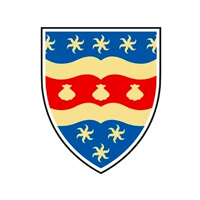fees waived
International Relations, BSc (Hons)
University of Plymouth, United Kingdom
Ranking in UK
Politics
Costs
food & rent S$18.9k / year
Entry requirements
Scholarships
Unlimited quantity
Unlimited quantity
Unlimited quantity
Limited quantity
Information
Code
Code
Intakes
Website (External)
Programmes
Information
Duration
2029
This course examines the key drivers of international relations in the 21st century, focusing on relationships between countries and cultures, particularly near the 2021 G7 summit site. It covers aspects from law and economics to diplomacy and governance, fostering critical thinking to tackle global challenges like environmental crises and conflict. Students blend theory with practice, including representing Plymouth at the Model UN, working with expert staff, debating worldwide issues, and participating in international exchanges.In the first year, students analyze current affairs and historical contexts; subsequent years delve into foreign policy, security, and global economies, with options for study abroad or placement. The program emphasizes research, innovative modules, and practical skills through varied assessments. It does not award Qualified Teacher Status. For detailed modules and assessment methods, refer to the institution's website.
A local representative of University of Plymouth in Singapore is available online to assist you with enquiries about this course.

